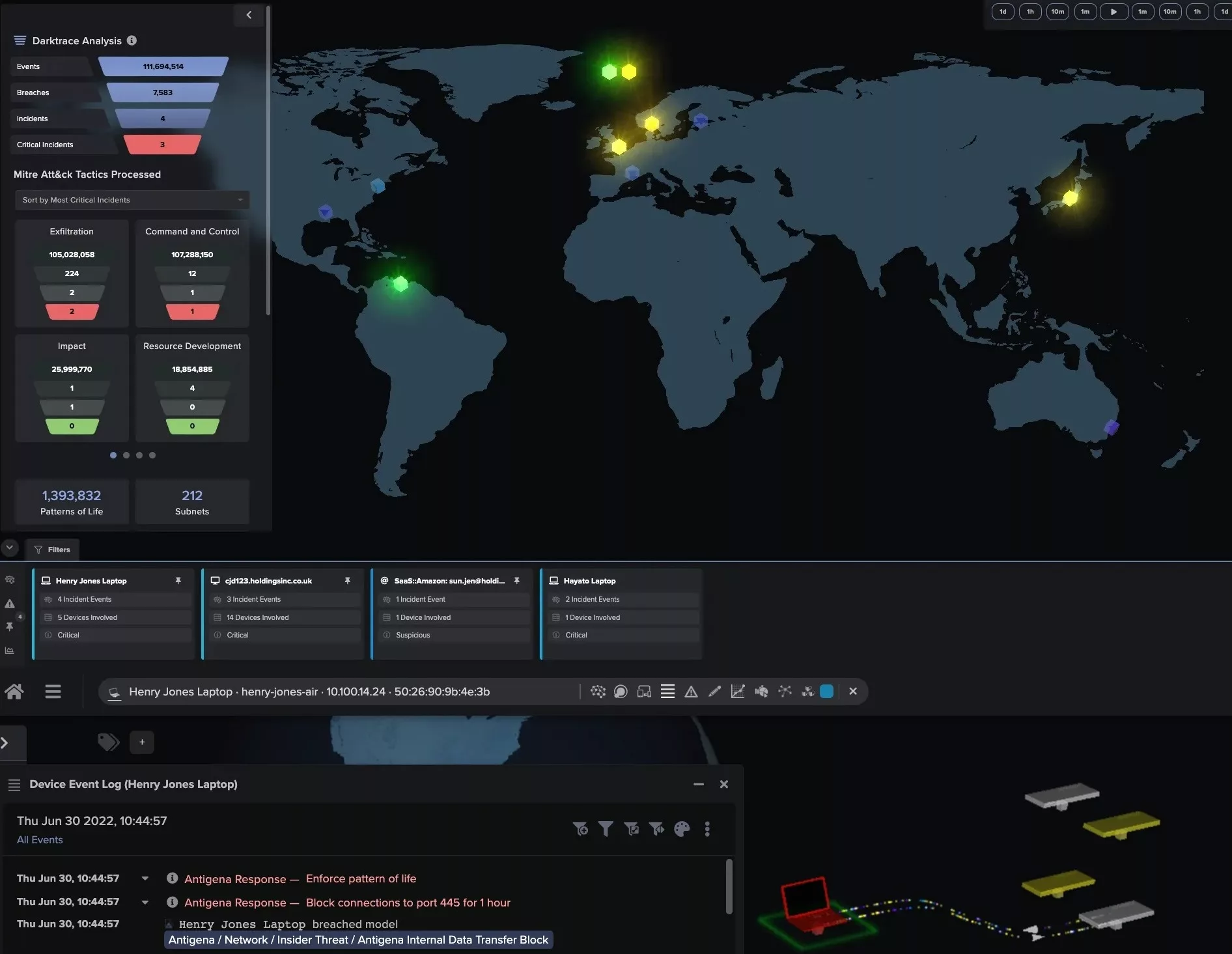For the first time, the European Central Bank has confirmed it is using artificial intelligence in its daily operations to monitor the activities of banks across Europe.
In fact, the ECB is increasingly using AI capabilities to supervise banks’ activities, a senior representative of the central banking body has acknowledged.
Elizabeth McCaul, who is a member of the central bank’s supervisory board, said the ECB has started integrating AI to improve the efficiency and effectiveness of supervisory processes.
“Currently, our AI applications enable us to query supervisory data and employ chatbot functionalities for supervisory regulations and methodologies,” McCaul revealed, writing in French trade publication Revue Banque.
Her comments come as the EU Digital Operational Resilience Act (DORA), a major piece of new regulation, has been been approved and will come into force in less than a year.
McCaul stressed the “unprecedented pace at which data is being generated in today’s digital era” has prompted the bank to turn to AI.
She added that to analyse vast amounts of data, improve risk identification, support decision-making, and automate repetitive tasks AI can “significantly bolster the work of banking supervisors.”
DORA
The EU Digital Operational Resilience Act (DORA) will be a huge challenge for many financial services players, when it will come into force on 17 January of next year.
Last month, the European Supervisory Authorities, the European Securities and Markets Authority (ESMA), European Banking Authority (EBA) and European Insurance and Occupational Pensions Authority (EIOPA), published consultation papers on their latest batch of draft standards relating to DORA.
The draft standards covered topics including stipulating timeframes for IT incident reporting. An initial report is required within 4-hours of the classification of a major incident, followed by an intermediate report within 72-hours and a final report within 1-month.
Draft standards were also set out concerning the management of critical third-party IT providers and security testing. Responses are accepted until next week, 4 March.
Last week, industry insder Steven Rackham warned that a cultural change is needed within any financial services firm to fully understand and implement DORA.
“The reality is that the whole business needs to get behind it, and everyone in the organisation will have some role to play,” Rackham wrote.
“This means a cultural change at every level and the recognition that flexibility will be important at a time of momentous change for financial services,” he wrote.
Risks and challenges
McCaul acknowledged the need for a major re-think within the financial services space, as she warned for risks associated with AI, which “remain not fully understood.”
This is “a clear dilemma” for banks, as she put it.
While AI can improve the customer experience, and enhance operational efficiencies as well as and risk management processes, it also presents several challenges, including data governance risks and emerging operational, model management and accountability risks.
McCaul pointed out that banks are increasingly AI in the race to remain competitive while upholding risk management responsibilities.
She did not detail or elaborate on what kind of AI platforms or tools the ECB uses, who developed them or how and when they are used, nor where or how they are deployed while interacting with banks across Europe.
Want to stay up to date and receive our news, features and interviews for free? As well as all the latest info about our global events.
Our e-newsletter lands in your inbox every Friday. Sign up HERE in one simple step.







